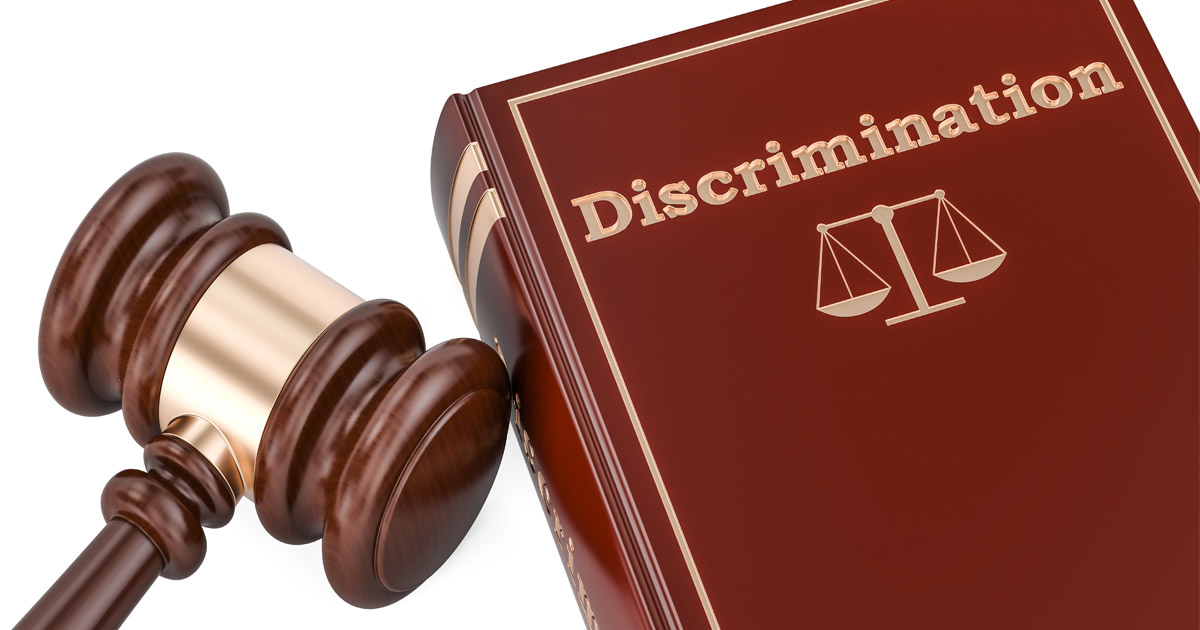What is Political Workplace Discrimination?

A recent social media post has sparked controversy online. An alleged posting stated that a company is seeking job applicants that are not liberal. The business is looking for someone who is logical and reasonable and went on to say that liberals do not represent what the company is looking for. Whether or not this post is legitimate or fake, it does raise an important question; can an employer refuse to hire or fire someone based on their political beliefs? In some instances, an employee does have legal protections.
It is common today to see political tensions online, at home, or even in the workplace. Political conversations may lead to heated debates, and an employee may feel as though they are subject to termination in the workplace for their political beliefs. The extent of protection against political discrimination depends on if the employer is a private or public entity.
Are There Federal Laws Against Political Discrimination?
As of now, there are no federal laws that protect workers from political discrimination since political views do not belong to a protected class. Under Title VII of the Civil Rights Act of 1964, employers are prohibited to discriminate employees based on their race, sex or gender, age, national origin, disability, or another protected characteristic. Political views do not fall within a protected class, but it may be connected to one. For example, if an African American employee goes to a Black Lives Matter movement and they are fired, they may argue that they were wrongfully terminated because they belong to a protected class. Additionally, an at-will employer may fire a worker at any time without notice. In this case, an employee may not even be aware of the reason for their termination.
What if It is a Private Business?
Many workers may wonder whether political discrimination violates First Amendment rights. The First Amendment allows freedom of speech and protects political and religious views, but only from government action. Some employees in the public sector may argue that their First Amendment rights were violated; however, employees who work for private employers are likely not eligible to make this argument.
Many states and private employers protect their employees’ political activism and views as long as it does not adversely impact the workplace. For example, if a worker is soliciting co-workers or handing out political pamphlets, it may cause division and tension. Employees should also be mindful about social media posts. If the posts violate company policies or raise implications, they may be subject to termination.
What Should I Do if I Have a Discrimination Claim?
Employees should keep in mind that intent and the extent of their political activities will largely impact a claim for discrimination. There must be concrete evidence of discrimination, and this may be difficult to prove. If a worker belongs to the public or private sector, it will greatly affect a claim as well. Since there are many complexities, it is imperative that an employee speaks to an employment lawyer about their legal options. A lawyer will thoroughly evaluate their client’s case and determine the best course of action.
Philadelphia Employment Lawyers at Sidkoff, Pincus & Green P.C. Protect Workers Against Unlawful Discrimination
Employees have rights in the workplace, and their political views may be protected in some cases. Proving political discrimination can be difficult, but a Philadelphia employment lawyer at Sidkoff, Pincus & Green P.C. can help you with your case. Depending on the specifics, a discrimination claim might be valid. Complete our online form or call 215-574-0600 for an initial consultation. Located in Philadelphia, we serve clients throughout Pennsylvania and New Jersey.













